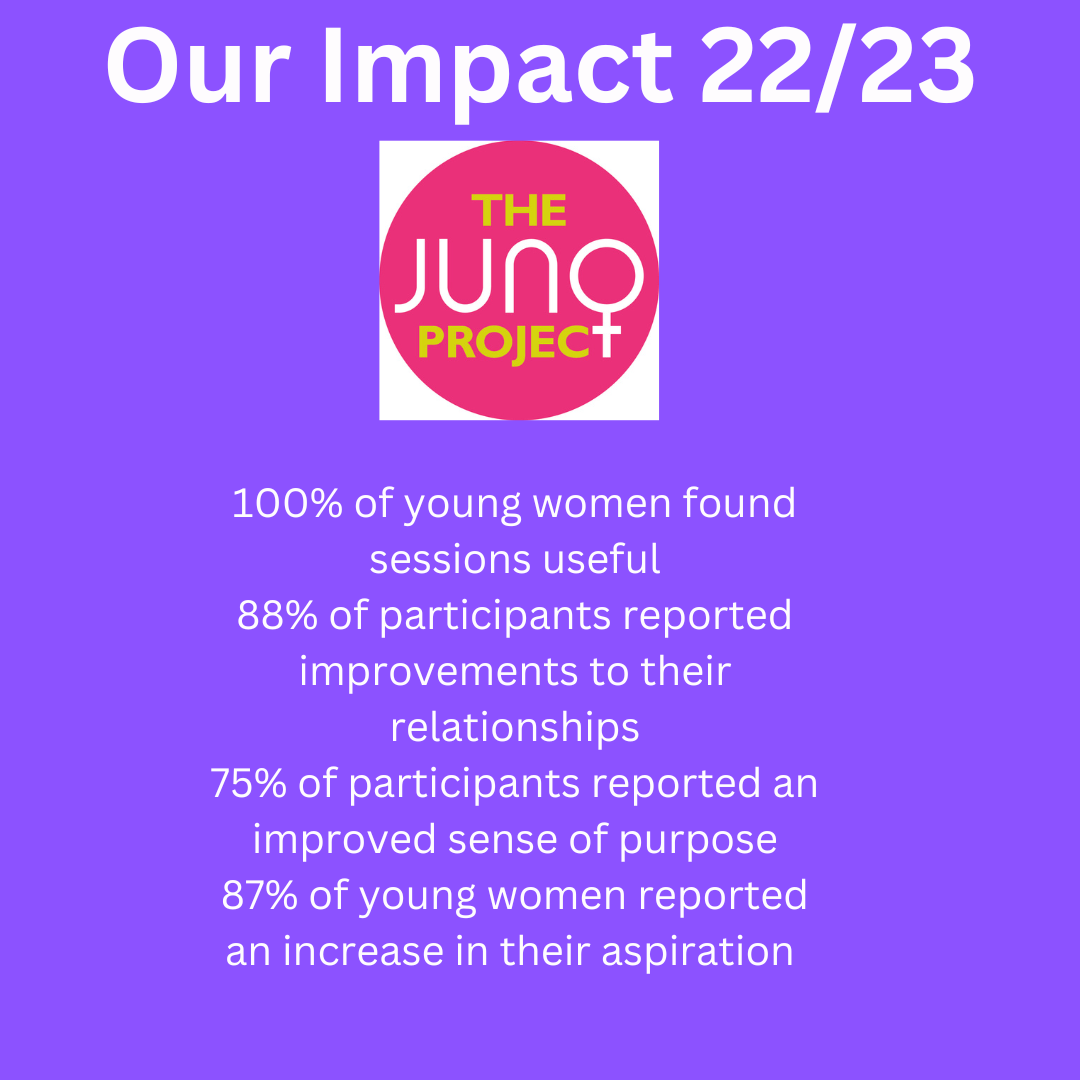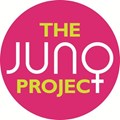Story
Young Women and Domestic Abuse
Statistics demonstrate that young women aged 16-24 are most at risk of domestic abuse and 1 in 5 teenage girls will experienced domestic abuse in their dating relationship. (SafeLives, 2017. Safe Young Lives – Young People & Domestic Abuse)
In a recent survey by SafeLives, it was found that young people aged 13-24 want support in knowing what is and isn’t right in their relationships. 66% of respondents said they would go to a friend for advice so it is imperative that we equip them with the knowledge and tools they need to stay safe, and to support each other. As one young women commented:
I've like been in a situation where my best friend has gone out with someone, and she drifted away from us completely... he used to comment on her body as well about how it was fat and that. But like, I can just remember that I was so helpless, I couldn't do anything because I think we were only about like fourteen. I, I didn't have any knowledge, I didn't have any education on how to, on where to go if someone's going through a really unhealthy relationship and that. (Young person, 17-19 years)
Help Us to Educate Young Women
The Juno Project already works to empower girls and young women, providing support for mental health and wellbeing, but young women are telling us that more is needed. REALationships is a one-day workshop that gives young women the tools need to recognise, and act, when relationships they are in, or are witnessing, are unsafe. We answer all of the questions young women regularly ask us, as well as helping them to work how to recognise and show up, in healthy relationships, questions like -
Domestic abuse - that’s something that happens to older people and it’s only hitting isn’t it?
Where is the line between a healthy and an unhealthy relationship?
Am I in an unhealthy relationship?
How can I help my friend who I think is in an unhealthy relationship?
How can I get out of an unhealthy relationship?
But I need my boyfriend/girlfriend! How can I survive without them?
What do I really want in a relationship?
Why Us?

What do young people say about us?
I have learned to respect people and changed my friendship groups.
I respect myself and other more. I have become more assertive. Communication has got better.
My behaviour has got better. I have made more friends.
I have really thought about myself and worked on myself. I have learned to accept myself for who I am. I have completely different friends.
You’ve helped me accept myself more and how to handle toxic relationships. I have opened up about the bullying over the last year, spoken to my parents and asked about counselling.
 Campaign by
Campaign by